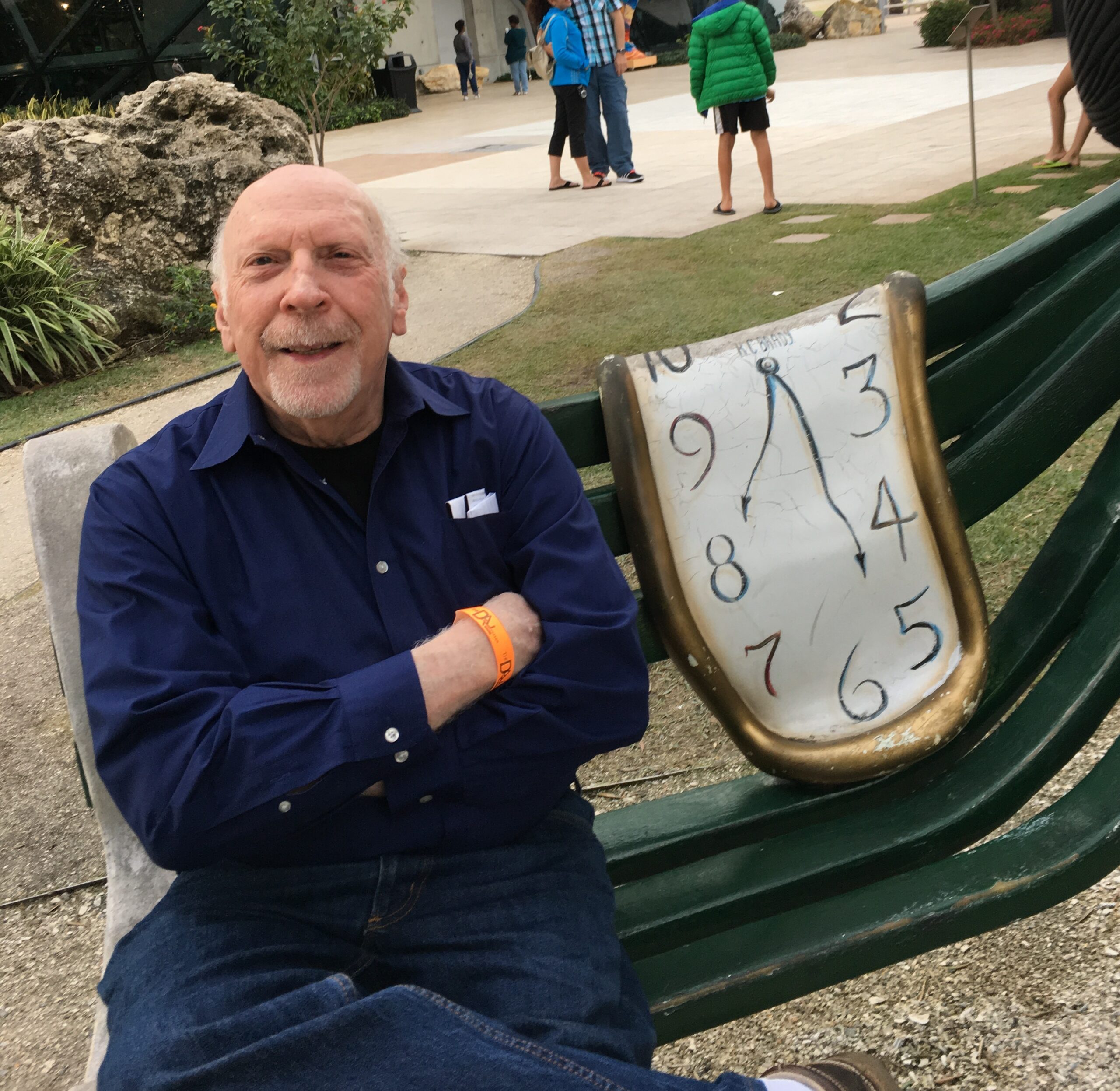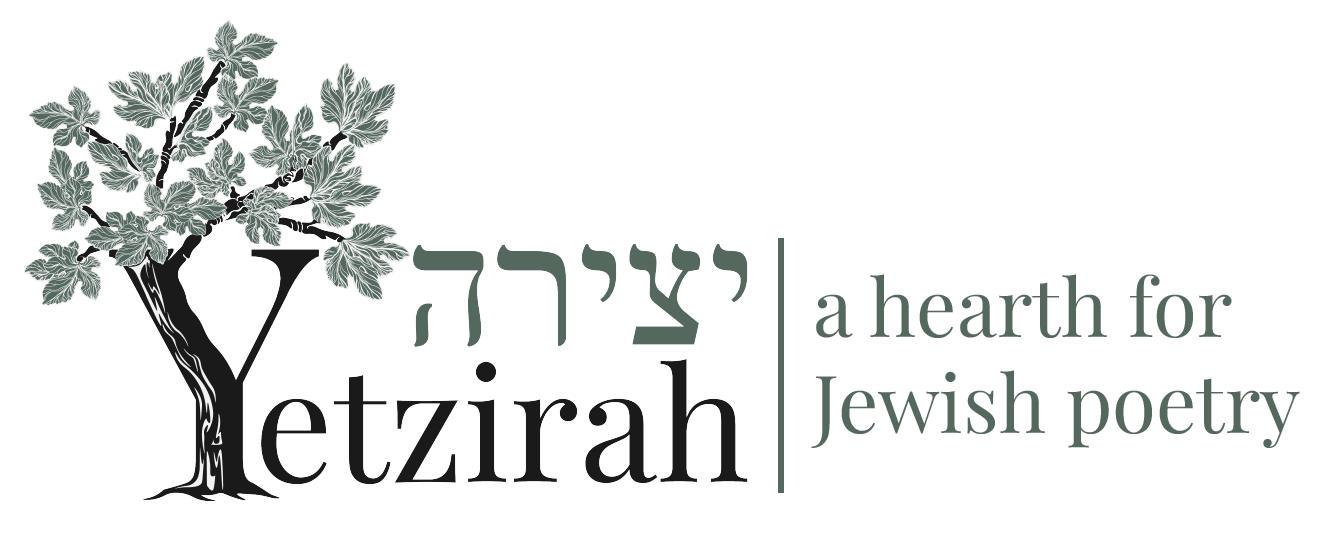
Michael Heller
Current City, State, Country
Birth City, State, Country
Biography
Born in Brooklyn and raised in Miami Beach, Michael Heller was educated as an engineer at Rensselaer Polytechnic Institute. While working as a technical writer for Sperry Gyroscope, he met several former students of Louis Zukofsky, who introduced him to the work of a wide range of contemporary poets. In 1964 he won the New School’s Coffey Poetry Prize and went abroad to continue to study and write. His poems first appeared in print in the nineteen-sixties while he was living in a small village on Spain’s Andalusian coast. His memoir of that period, Earth and Cave, written in 1967, was published in 2006 along with poems from that period, the chapbook, A Look At The Door With The Hinges Off. In 1967, after returning to the United States, he took a position teaching English, lecturing on Modern Poetry and Creative Writing at New York University. Since then, he has published over twenty-five volumes of poetry, essays, memoir and fiction, including Accidental Center (1972), In The Builded Place (1979), Wordflow (1997), Exigent Futures (2003), Living Root: A Memoir (2000) and the prize-winning collection of essays, Conviction’s Net of Branches: Essays on the Objectivist Poets and Poetry (1985). Among his most recent works are a volume of poems, Eschaton (2009), a mixed genre work, Beckmann Variations & other poems (2010). His collection of essays on George Oppen, Speaking the Estranged (2008), was re-published in 2012 in an expanded edition. Uncertain Poetries: Essays on Poets, Poetry and Poetics, was re-issued in 2012. Two Novellas: Marble Snows & The Study, a collection of fiction, was published in 2009. This Constellation Is A Name: Collected Poems 1965-2010 appeared in 2012, Dianoia appeared in 2016 and Telescope: Selected Poems was published in 2019.
Since the nineteen-nineties, he has been collaborating with the composer Ellen Fishman Johnson on multimedia works including the opera, Constellations of Waking (2000), based on the life of the German-Jewish writer Walter Benjamin, to be published in book form in 2019. Other multimedia works include This Art Burning (2008) and Out of Pure Sound (2010), all of which premiered at the Philadelphia Fringe Festival. His writings on contemporary poetry, Judaic thought and on the intersections of Buddhist and Western philosophy and practice have appeared in various essay collections and journals. Among his many awards are grants and prizes from the National Endowment for the Humanities, the New York Foundation for the Arts, the Poetry Society of America and The Fund for Poetry. A volume of essays on his work, The Poetry and Poetics of Michael Heller: A Nomad Memory was published in 2016. He resides in New York City and spends his summers in the Colorado mountains. He is married to the poet and scholar Jane Augustine.
What is the relationship between Judaism and/or Jewish culture and your poetry?
From an interview with the poet and critic Burt Kimmelman, published in Shofar:
BK: A thematic and aesthetic agenda of Living Root is the uniting of a world of fragments, a making whole what has been torn apart, which is perhaps accomplished through the book’s ongoing meditation on ritual. Especially your early life, but in fact its entirety, has been one of dislocation and parental illnesses, which in a way parallel the history of your family that had crossed the Atlantic ocean to America from Belarus—and these two chronologies, the book may wish to suggest, are paralleled artistically, even as they are a historic part of, the Jewish Diaspora. Indeed, this memoir finds ritual taking many forms, in your discussions of poetry, religious heritage, ethnic heritage, and personal relationships, as well as in your contemplation of ritual’s nature itself. Was the writing of Living Root, which took a number of years, now in hindsight a sort of ritual as well?
MH: Ritual and the undoing of ritual are at the heart of the book. I took ritual to be a kind of protection, like a soul being sheltered, placed under a bell jar, enclosed within the sacred. But I had come into that ritual space by the accidents of birth, upbringing, environment. It was not truly my own; in that sense, the bell jar also stifling. And given the life around me, my mother’s non‑belief, my father’s uneasy relationship with his grandfather, the Rabbi, writ large, I was seeing cracks and flaws in that ritual space, in the conventions and acts of faith that I had not truly made my own. At the same time, the aspects of Jewish tradition that deeply drew my allegiance were those involving writing and rewriting, midrash, commentary upon commentary, all those activities which allowed one to re‑imagine the meaning and space of the rituals. And, in truth, as I began and wrote, a kind of Proustian involuntary memory kept taking place, ignited into language, as it were, by the artifacts, the picture albums and letters, the detritus of my parents’ lives, which I had acquired after their deaths. And the parallels which you mention, the large scale movement of the Diaspora, and the scattering of one, Michael Heller, outside the house of his received rituals, were part of the substance of that matrix of old yellowed paper, curling photographs and what came to me unbidden out of my past.
BK: In other words, from early on you have been an outsider‑yet not unlike those in the scriptural tradition whose faithful are devoted to words, words that stand apart from things‑even to the extent that the most intimate details of your own origins are both within you and apart from you somehow?
MH: As I wrote in the memoir, “I am remembering then, not for the sake of what was, but, in a sense, in order to be.” As I reflected on the sheer unaccountability of origins, their arbitrariness, their unchosen quality, the “quantum mechanics,” as I put it, of autobiography, I sensed also my going out toward much that is in tradition and in the histories I was exposed to of my family and of the Jews and of poetry. The act of reflection on the details of one’s life in this sense is dynamic in much the same manner that the literal words of the Bible become dynamic once subjected to the ongoing process of Talmudic or midrashic reflection. The Ba’al Shem Tov says that memory is the secret of redemption, and Yosef Yerushalmi, in Zakhor, reminds us that Jews, while not the fathers of history are “the fathers of meaning in history.” I would hope that on a small, personal level, my work is in that tradition.
Published Works
Poetry
Telescope: Selected Poems. (New York Review Books/Poets, 2019)
Constellations Of Waking (libretto poem) (Dos Madres Press, 2019)
Dans le signe: selected poems in French translations (Éditions Grèges, 2016)
Dianoia (New York Nightboat Books, 2016)
This Constellation Is A Name: Collected Poems 1965-2010 (Nightboat Books, 2012)
Beckmann Variations & other poems (Shearsman Books, 2010)
Eschaton (Talisman House Publishers, 2009)
A Look at the Door with the Hinges Off: poems from the mid-1960s (Dos Madres Press, 2006)
Exigent Futures: New and Selected Poems (Salt Publishing, 2003)
Wordflow: New and Selected Poems (Talisman House, 1997)
In The Builded Place: Poems (Coffee House Press, 1989)
Staple Diet: Marginalia in a Desperate Hand (Pig’s Press, 1985)
Knowledge (Sun, 1979)
Figures Of Speaking (Perishable Press, 1977)
Accidental Center: Poems (Sumac Press, 1972)
Two poems (Perishable Press, 1970)
Essays & Criticism
Within The Inscribed: Selected Prose and Conversations (Shearsman Books, 2021)
Speaking the Estranged: Essays on the Work of George Oppen (Expanded Edition) (Shearsman Books, 2012)
Uncertain Poetries: Selected Essays on Poets, Poetry and Poetics (Salt Publishing, 2005) Reissued: (Shearsman Books, 2012)
Speaking the Estranged: Essays on the Work of George Oppen (Salt Publishing, 2008)
Conviction’s Net of Branches: Essays on the Objectivist Poets and Poetry (Southern Illinois University Press, 1985)
Memoir
Earth and Cave (Dos Madres Press, 2006)
Living Root: A Memoir (University of New York Press, 2000)
Fiction
Two Novellas: Marble Snows & The Study (ahadada, 2009)
Edited Works
Carl Rakosi: Man and Poet. (National Poetry Foundation, University of Maine, 1993)
PoetsPoems: poems from other authors) (Aggie Weston’s Editions, 2005)
Links to Sample Works
Video Reading
Education
Rensselaer Polytechnic Institute, Mechanical and Management Engineering, 1959
New York University, M.A. in English, 1986
